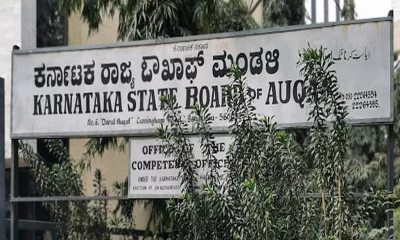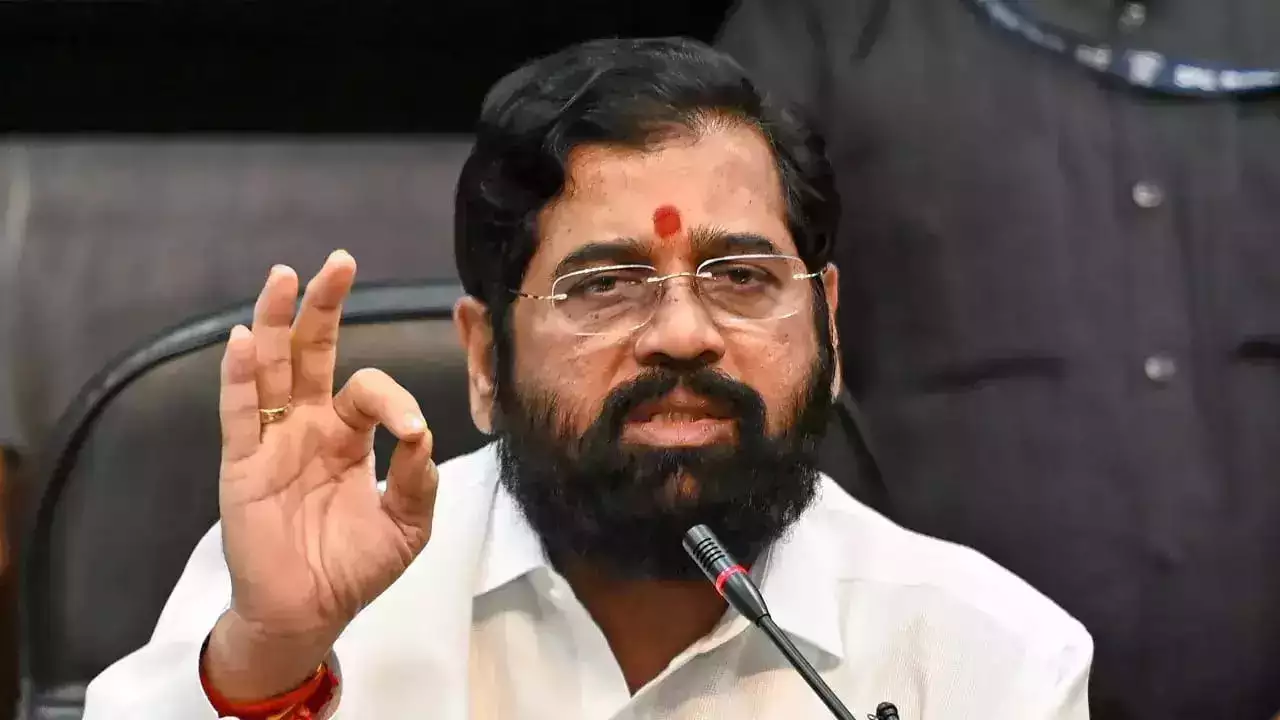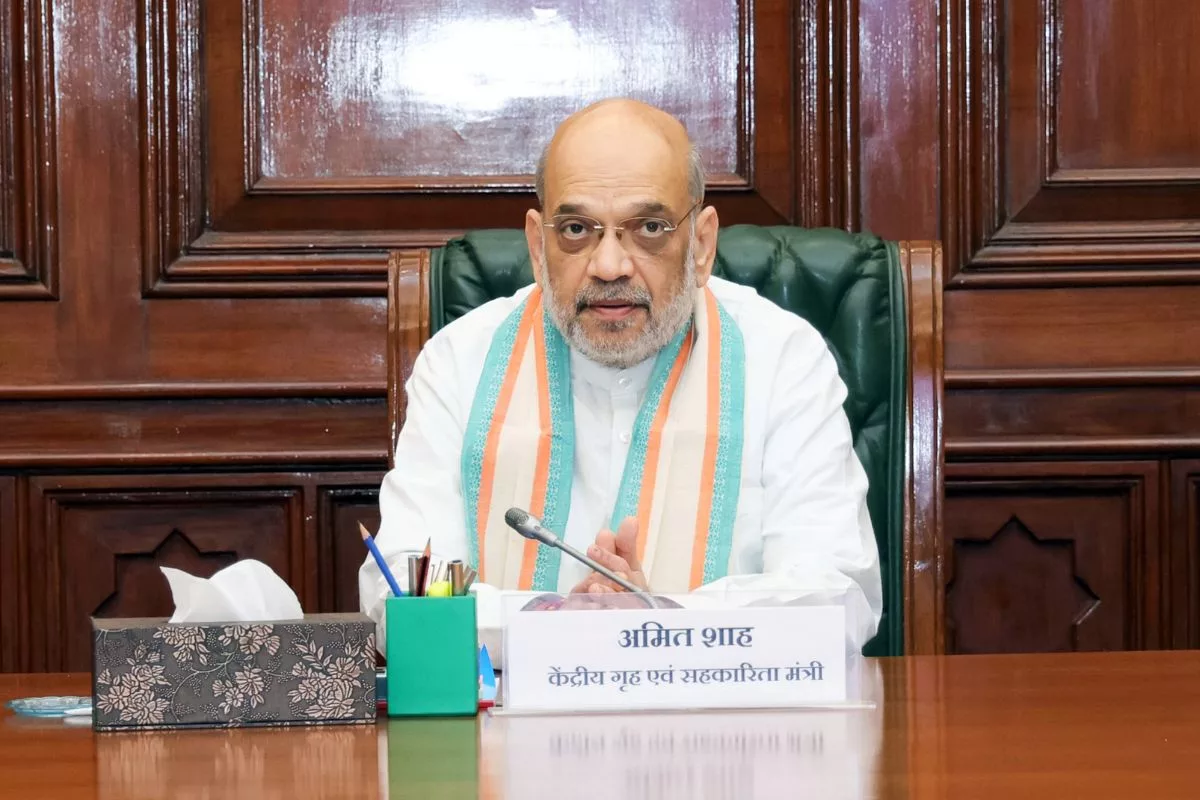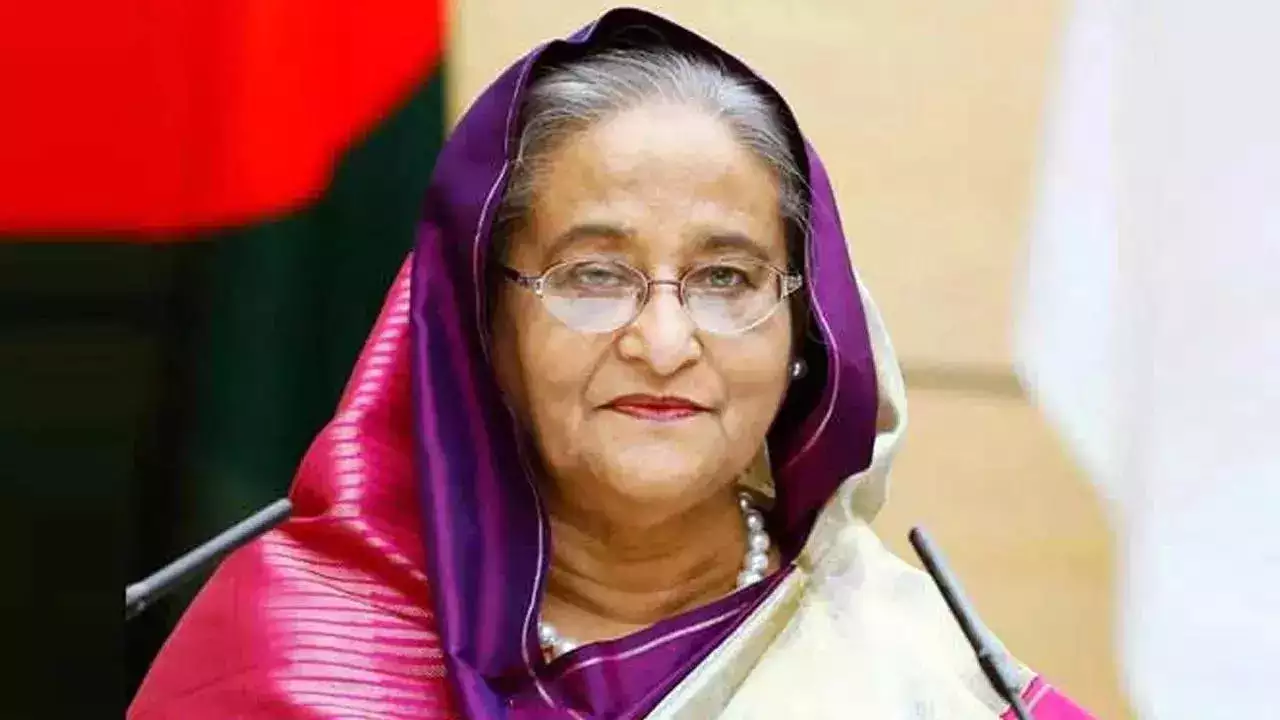Bishamber Yadav, Mumbai Uncensored, 30th May, 2023:
The country’s electoral map has been segmented by the ruling party into groups of three to five Lok Sabha seats, with leaders assigned to each group based on a three-tier classification
The BJP’s battle-like preparations will soon be on full display throughout Uttar Pradesh, where its dominance has created the framework for its political supremacy in the past two Lok Sabha elections, with only about a year left before the 2024 general elections.
The BJP divided the country’s electoral map into clusters of constituencies in order to mobilise grassroots workers, monitor public outreach, and organise activities in each Lok Sabha constituency. Senior leaders and Union ministers were then dispatched to tour these clusters, speak at public gatherings, and oversee party programmes.
Each cluster consists of three to five Lok Sabha constituencies, with leaders placed there according to a classification into groups A, B, and C.
BJP said it won’t attend the Ayodhya event where Brij Bhushan will show off his political prowess C
Group A has the party’s national team’s leaders, including Union ministers and previous chief ministers of several different states. They would travel to the districts in their cluster and interact with BJP members and the general people there. Similarly, Group B includes top party leaders and MPs from various states, while Group C includes local party leaders from the respective states.
“Group C will organise party programmes on the ground. During routine visits, Group B will oversee these programmes and organisational issues. Group A leaders are in charge of holding public meetings, meeting with members of all organisational teams, resolving problems of local citizens, identifying potential anti-incumbency, providing suitable solutions, and fostering a party-friendly environment, according to a BJP official.
Two decades after making his election debut from Kannauj, Akhilesh hopes to return to the former stronghold of SP
He added that the party’s Mahasampark Abhiyan, which will be launched on May 30 to commemorate the conclusion of the Narendra Modi administration’s nine-year term, will make use of this new framework.
In the state of Uttar Pradesh, the former chief minister of Jharkhand, Raghubar Das, has been placed in Group A for the cluster consisting of the four Lok Sabha districts of Domariyaganj, Gorakhpur, Kushinagar, and Maharajganj. Devendra Yadav, the vice-president of Gorakhpur, is in Group C of the cluster, whereas Krishan Lal Panwar, a member of the Rajya Sabha, is in Group B.
Nitin Patel, a former deputy chief minister of Gujarat, is running in Group A for a group of five constituencies: Kairana, Muzaffarnagar in Uttar Pradesh, adjacent Tehri Garhwal, Haridwar, and Garhwal in Uttarakhand Vivek Thakur, a Rajya Sabha member, is in Group B, whereas D K Sharma, a former president of the Bulandshahr district, is in Group C of the same cluster
Most OBC and Dalit candidates win in UP civic elections as BJP overcomes OBC quota snag, SP challenge, and BSP hopes
Trivendra Singh Rawat, a former chief minister of Uttarakhand, has been assigned to Group A, which consists of the five constituencies of Bansgaon, Deoria, Ballia, Azamgarh, and Salempur. Jai Prakash Shahi, the previous district president of Kushinagar, is in Group C, whereas Jamal Siddiqui, the national head of the BJP’s minority branch, is in Group B. The speaker went on to say that regular visits from such senior figures, including Union ministers, are anticipated to keep party members at the grassroots active and guarantee that the BJP flag is present in every hamlet and town.
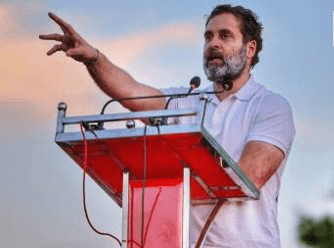




 Special Editions3 months ago
Special Editions3 months ago


 Special Editions3 months ago
Special Editions3 months ago


 Special Editions3 months ago
Special Editions3 months ago


 Health2 weeks ago
Health2 weeks ago


 Special Editions4 weeks ago
Special Editions4 weeks ago







